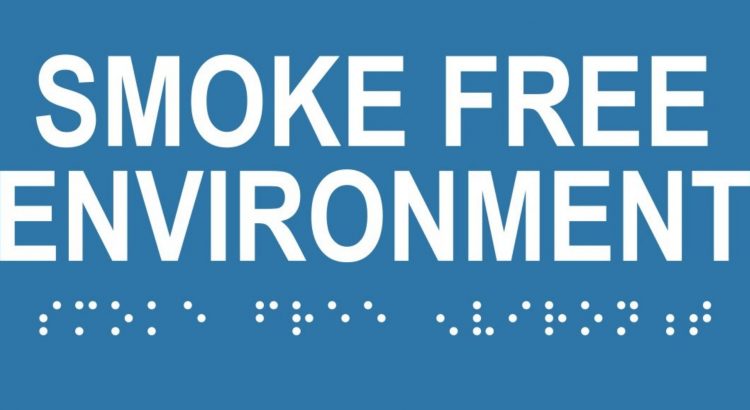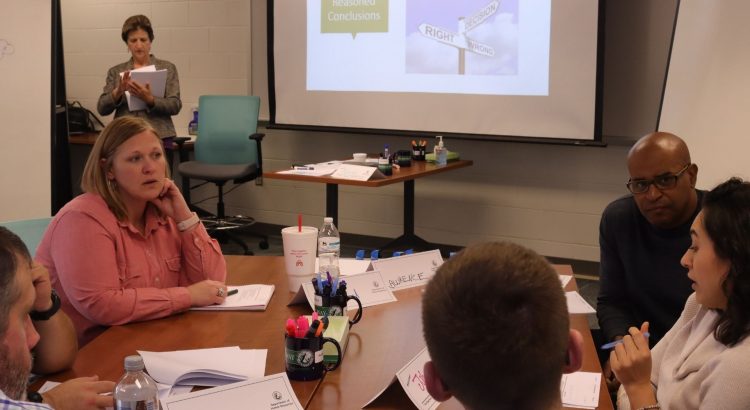We have all been told that smoking is bad for our health and the health of those around us. It is currently the leading cause of preventable death and is responsible for 480,000 deaths per year in the United States; including more than 41,000 deaths resulting from secondhand smoke exposure. In keeping with Henrico County’s commitment to providing a safe and healthy work environment, as of August 1, Henrico’s Western and Eastern Government Centers are smoke‐free. According to the new policy, “County‐owned and County‐leased buildings over which the County Manager has control shall be smoke‐free, including private offices. For purposes of this policy, this also shall include County‐owned vehicles. The smoke-free designation also pertains to vaping, e-cigarettes, and other like devices.” Subsequently, designated smoking areas, including cigarette boxes, at these locations will be eliminated and new “Smoke-Free Environment” signage will be added.
Employees that do smoke are encouraged to consult a medical professional regarding tobacco cessation. There is no doubt that quitting smoking is difficult, but it is not impossible. It is estimated there are 45 million smokers in the U.S., but there are at least 48 million former smokers, and if they could do it, maybe you could join their ranks. Just remember, most people have to try to quit more than once, so don’t get discouraged if that is the case for you. Consider talking to your doctor about smoking cessation strategies that might be right for you or look into these resources offered to Henrico County Employees:
- Employee Health Services (EHS) is available to meet with employees individually to discuss smoking cessation strategies. If an employee prefers a prescribed cessation medication, they will be referred to their Primary Care Physician (PCP). Please contact EHS over the phone at (804) 501-1600 or stop by their office at 7740 Shrader Rd, Suite A, Henrico, VA 23228.
- Quit Now is a free service through the Virginia Department of Health that assists Virginians to quit smoking and using tobacco products. They can be contacted at 1(800) 784-8669, www.QuitNow.net/Virginia, or via a referral from Employee Health Services.
- Anthem members have access to cessation support services and benefits. Please visit anthem.com or reach out to the Human Resources Benefits Division at (804) 501-7371 or [email protected] for more information.
- The Employee Assistance Program through Optima Health offers My Life My Plan “Staying Healthy” a collection of self-paced at-home programs including a tobacco cessation program called “Get Off Your Butt: Stay Smokeless for Life” and additional resources.
It is your individual choice to quit smoking, but you do not have to do it alone! If you have questions or concerns regarding the new smoking policy, please contact John Neal at [email protected].


